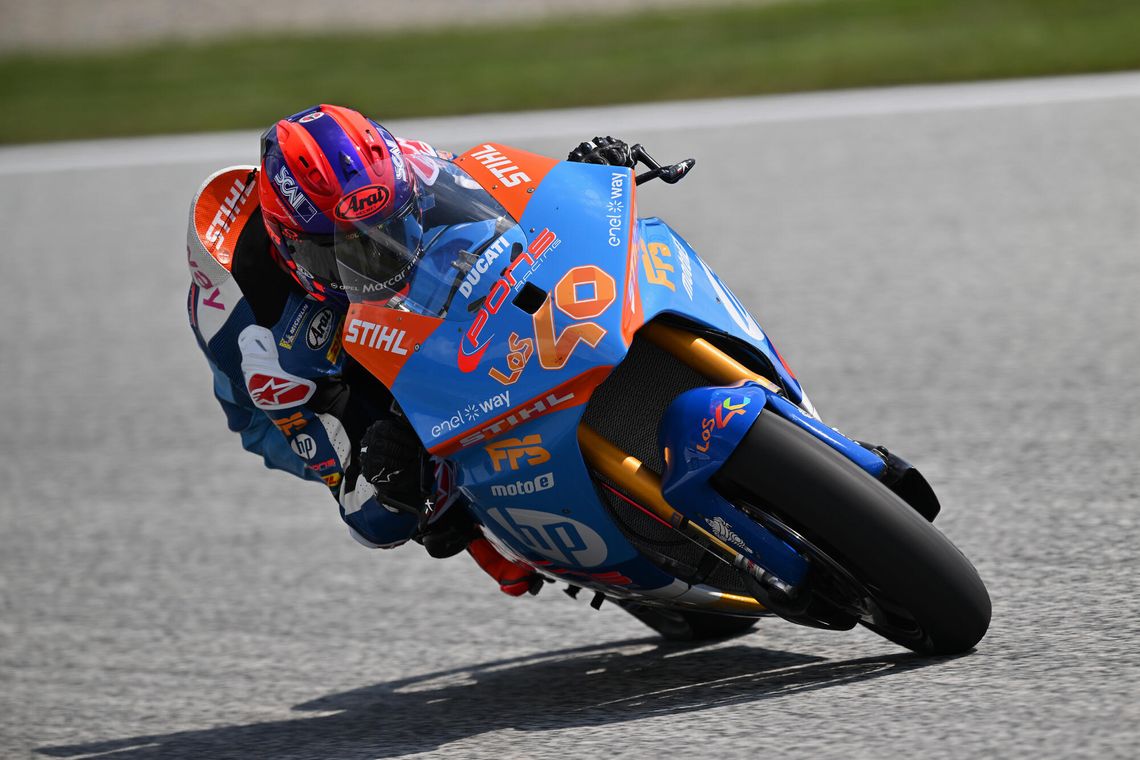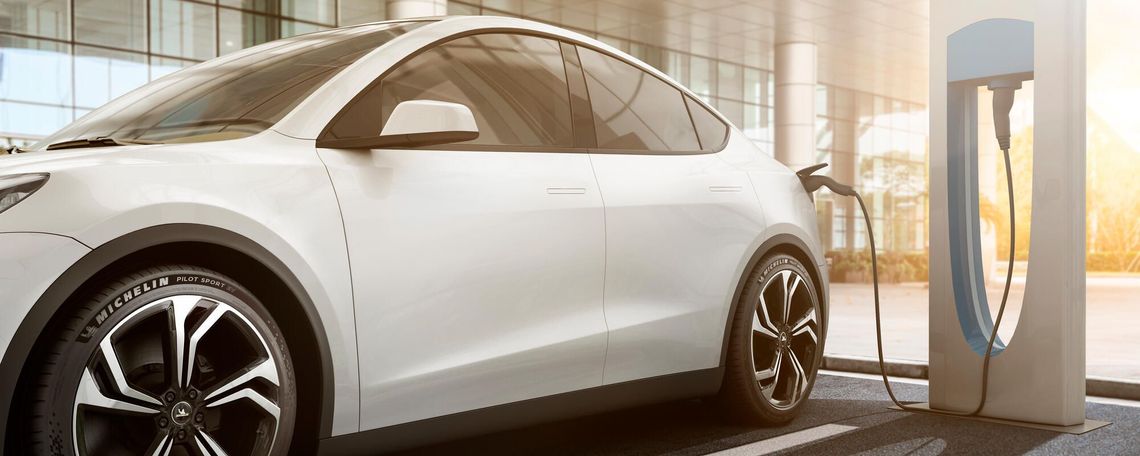Michelin’s innovation is taking up the challenge of electromobility
In 2027, nearly 40% of newly registered vehicles will be electric: a three-fold increase in this type of vehicle by comparison with 2022. This is a game changer, not only for the automotive industry but also for stakeholders across the board, including Michelin. Already a powerful lever for decarbonizing cities, electromobility is yet another opportunity for the Group to draw on its extensive expertise and its innovation potential in the field of tires and beyond.
As early as 1899 Michelin was already developing tires for an electric vehicle - the “Jamais Contente”, the first car to beat the 100 km/h speed record. Since then, from the first radial tires to the MICHELIN Energy Saver tire, Michelin has been innovating non-stop to create tires which reduce CO2 emissions, use a minimum of materials, last longer and reduce carbon footprint. Today, more than ever, sustainable development is the driving force behind Michelin’s mission and its product and service offering.
Pioneer and technological leader in tires for electric vehicles
Rolling resistance
To optimize battery lifespan and range, electric vehicles need tires with low rolling resistance, a field in which Michelin’s innovation and leadership is widely recognized. Michelin has succeeded in increasing the energy efficiency of its passenger car tires by 20% in the past twenty years with no compromise on safety or longevity.
Lifespan
Electric vehicles are synonymous with high torque, regenerative braking and heavy batteries. These factors inevitably influence the lifespan and performance of the tires over time, another field where Michelin has always been a recognized pioneer. According to a test conducted in January 2022 by the German automobile association, Allgemeiner Deutscher Automobil-Club e.V (ADAC), MICHELIN tires wear about 28% less quickly than its competitors’ tires
Load capacity
Electric vehicles are heavier due to the weight of the batteries. Michelin supplies tires which have the same dimension or a larger diameter but, offer a higher load capacity. Michelin has also launched the Selfseal tire, which repairs itself in the event of a flat, thereby saving on the added weight of a spare tire.
Noise
MICHELIN Acoustic - a polyurethane foam ring - contributes to reducing interior noise caused by the tires, which is a major issue for electric vehicles with their silent engines.
Given the performance features and technologies required to manufacture an electric-vehicle premium tire, Michelin has proven to be a key player in this high-growth potential market segment.
Michelin - a trusted partner
Michelin can already boast 366 EV homologations, partnering with more than 60 brands worldwide.
With its “All Sustainable” approach and its ability to take responsibility for its tires’ entire life cycle, Michelin is the preferred partner of the vehicle manufacturers shaping the EV market today.
Michelin equips 48% of the world's bev brands.
Source: analysis of Michelin Automotive Original Equipment internal database at 12/31/2023
Leveraging electromobility to speed up the energy transition

